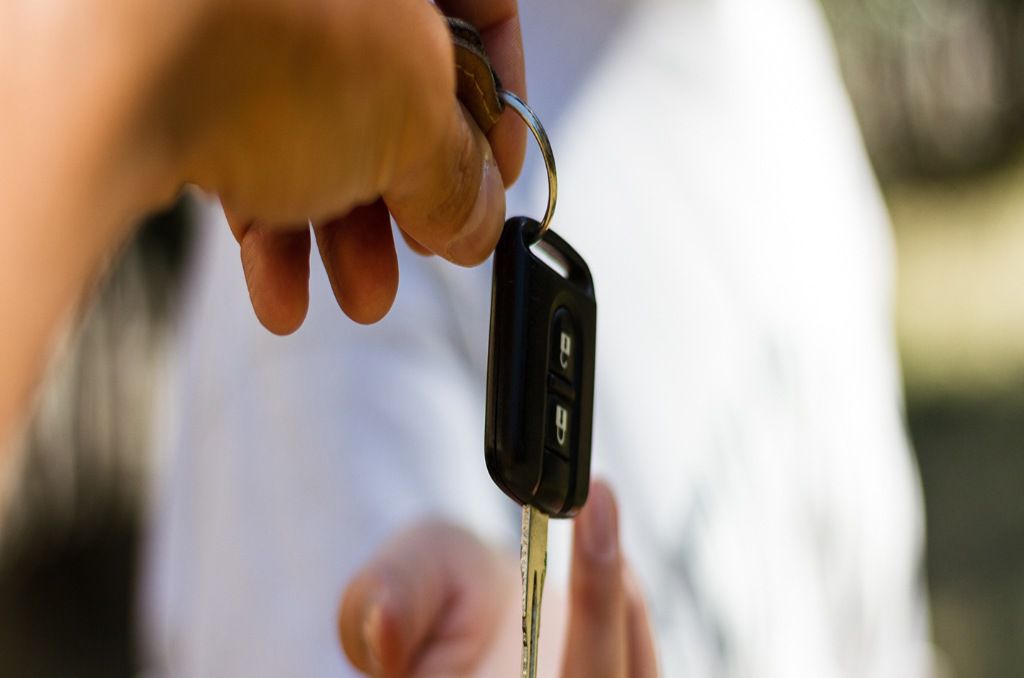Set Your Budget and Financing Options
Determine Total Cost of Ownership
The total cost of ownership goes beyond the car’s purchase price. Consider the long-term expenses associated with owning a car, such as fuel, maintenance, repairs, taxes, and insurance premiums. You may find that a cheaper car upfront could be more expensive to maintain in the long run, particularly if it has higher fuel consumption or costly repairs. Make sure to factor in these ongoing costs when setting your budget.
Explore Financing and Loan Options
If you’re not paying for the car outright, financing will likely be part of your purchase. Research different loan options, including the interest rate, loan term, and monthly payment amounts. Shop around with banks, credit unions, or dealerships to compare rates and find the best deal. Also, check your credit score ahead of time, as it can significantly affect the interest rate offered to you.
Consider Insurance Premiums
Insurance costs can vary greatly depending on the make and model of the car you choose, as well as your driving history. Research insurance premiums for the vehicles you’re considering to ensure you stay within your budget. Certain cars, such as luxury or high-performance models, may come with higher insurance rates.
Research the Right Vehicle for Your Needs
Compare Models, Features, and Reliability
Think about what features are most important to you, such as safety, technology, and comfort. Compare different models that fit within your budget and review their reliability ratings.
Check Safety Ratings and Fuel Efficiency
Safety should always be a priority when buying a car. Check crash test ratings from reliable sources like the National Highway Traffic Safety Administration (NHTSA) and the Insurance Institute for Highway Safety (IIHS). Additionally, fuel efficiency is important for long-term savings, so be sure to evaluate how many miles per gallon (MPG) each vehicle offers.
Evaluate Resale Value
When buying a car, it’s important to consider how well it will hold its value over time. Cars from certain brands tend to retain their value better than others. A good resale value will benefit you when it’s time to sell or trade in your car.
Review the Vehicle’s History and Condition
Get a Car History Report
A car history report will provide important information about the car’s past, including accidents, service records, and previous ownership. This step can help you avoid purchasing a vehicle that has been involved in a major accident or has hidden issues.
Verify Mileage Accuracy
Confirm that the car’s mileage matches what’s stated by the seller. If the mileage seems unusually low or high, investigate further. Low mileage on an older car can indicate that it hasn’t been driven much, but it could also point to potential issues, such as the car being kept in storage for a long time.
Look for Accident or Flood Damage
A car involved in a major accident or exposed to flooding could have lasting mechanical or electrical problems. Look for signs of accident damage, such as mismatched paint, welding marks, or frame damage. Flood damage is particularly concerning, as it can lead to electrical and engine issues that may not be immediately visible.
Conduct a Thorough Inspection and Test Drive
Inspect Exterior, Interior, and Under the Hood
Start by inspecting the car’s exterior for signs of rust, dents, or paint issues. Check the tires for wear, and look underneath the car for any fluid leaks. Inside, check the upholstery for any tears or stains. Under the hood, ensure the engine is clean and free of leaks, and check the belts and hoses for wear.
Check for Wear and Tear
Even if the car looks good, wear and tear can affect its performance and longevity. Pay attention to the condition of the brakes, suspension, and steering. These parts can be expensive to repair or replace, so it’s important to ensure they are in good condition before purchasing.
Assess Performance During a Test Drive
The test drive is your opportunity to assess how the car handles on the road. Pay attention to how the car accelerates, brakes, and corners. Listen for any unusual noises and check for any vibrations or pulling to one side. Ensure the car feels comfortable, stable, and responsive to your driving.
Negotiate the Best Deal
Research the fair market value of the car you’re considering. Use this information to negotiate a fair price with the seller.
Ask for Warranties or Add-Ons
When negotiating, don’t be afraid to ask for additional benefits, such as warranties, service packages, or accessories. Some dealers may offer limited warranties for used cars, which could provide peace of mind in case of future issues.
Be Ready to Walk Away if Needed
Remember that you don’t have to make a purchase if the deal doesn’t feel right. If you’re not satisfied with the price or the terms, be prepared to walk away. There are always other cars available, and it’s better to take your time than rush into a deal that may not be in your best interest.
Finalize Documentation Properly
Review Sales Contract Carefully
The sales contract outlines all the terms of the transaction. Read it thoroughly to ensure all details are correct and that you fully understand the agreement. If anything seems unclear or too complex, ask for clarification before signing.
Ensure Title and Registration Transfer
Make sure the car’s title is transferred to your name and that the registration is updated. This process is essential for proving ownership and ensuring that you’re legally responsible for the car.
Confirm Taxes and Fees
Check for any additional fees, such as taxes, registration, or dealership fees, and make sure these are clearly listed in the contract. Understanding these extra costs will help you avoid unexpected surprises after the sale.
Plan for Post-Purchase Essentials
Routine maintenance is essential to keeping your car in good working condition. Follow the manufacturer’s recommended maintenance schedule and schedule regular check-ups to avoid costly repairs down the road.
Keep track of when your car insurance and registration are due for renewal. Setting reminders can help you avoid penalties or lapses in coverage.
Maintaining an organized record of your car’s service history, repairs, and warranty information will be helpful for future maintenance and resale. Store these documents in a safe place for easy access.




